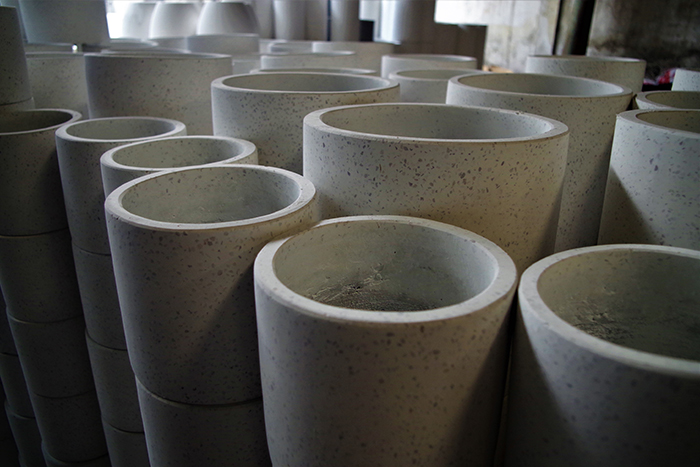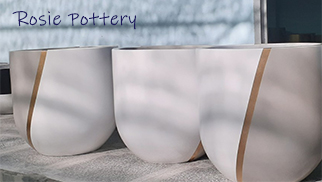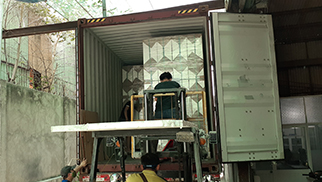NATURAL CEMENT PLANT POTS: “A DEEP APPRECIATION OF NATURE”
April 16, 2019Some Ideas For Interior Hanging Cement Plant Pots
April 18, 2019What makes a plant pot a good one?
1. The look
Of course, choosing a plant pot is partly a matter of how it looks. Inside, you might want a very pretty planter. Outside, you may want something more rugged or functional. There are all sorts of different designs available, in a huge variety of different materials. So you’ve got an amazing choice to suit your personal preference and style of garden. You can read more about the many different designs of pots in this article.
2. The size
Plants are a bit like humans. They grow. And keep growing. So, before you know it, the little pot plant you bought last year suddenly looks a little bit cramped in its original home. You need to get it a bigger one – with more room for your plant to breathe and flourish. However, don’t go mad and buy the biggest pot you can find, especially if your plant’s rootball is still small, or if it’s a slow-growing shrub such as a camellia or a citrus. All that extra potting compost in a big pot stays moist for a long time, and can cause root rot, which is fatal for plants. To keep your plant healthy in its new home, choose a pot with a diameter about 1.5 times the diameter of your plant’s rootball
3. Good drainage
And don’t forget to make sure your pot has good drainage. Put in a layer of pot shards at the bottom of the pot to stop the holes getting blocked up with compost. Putting pots up on pot feet can also improve drainage.
A few plants – particularly agapanthus, fig trees and ginger – will actually perform better if their roots are restricted, so do some research before you repot your plants.
Have a think about the pros and cons of each and whether it’s right for the look you want
Plastic containers, for instance, are light and generally inexpensive. Terracotta, wood and stone provide good insulation for roots, retain heat and protect against cold.
Some plants suit certain sizes of pots more than others. A geranium, for example, will be fine in a small pot, while a shrub like a hydrangea needs a bigger pot to give its roots space to grow.




